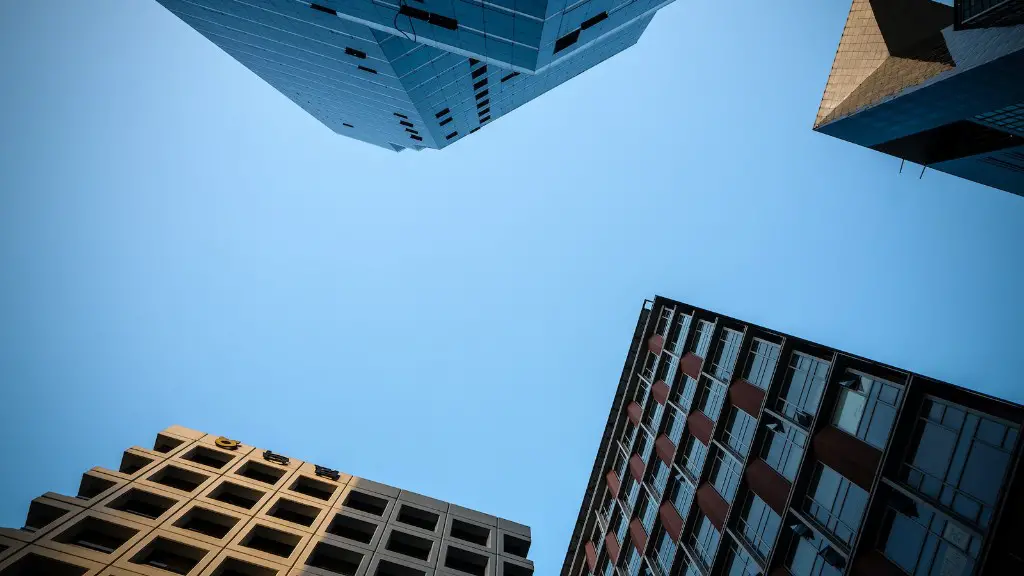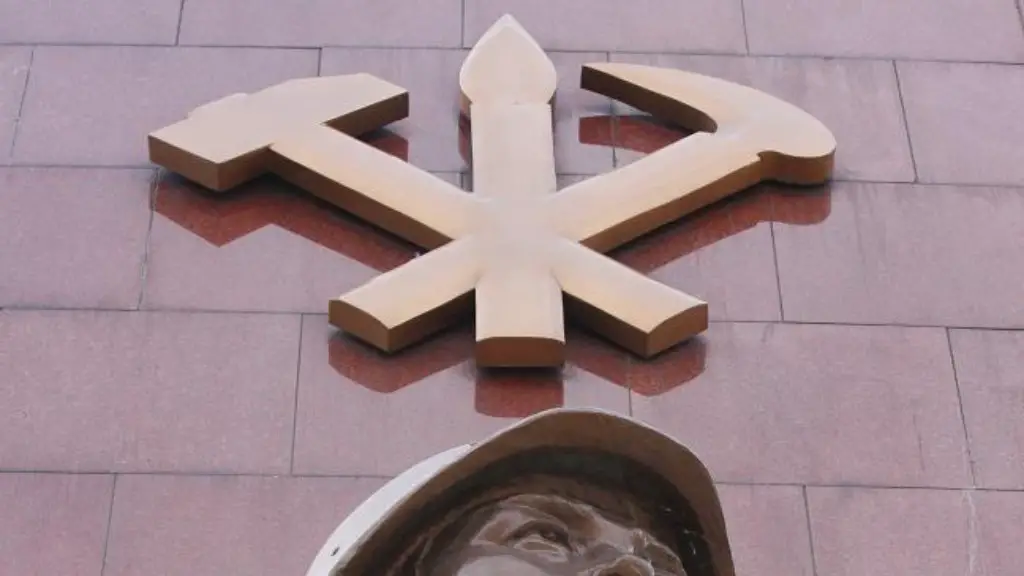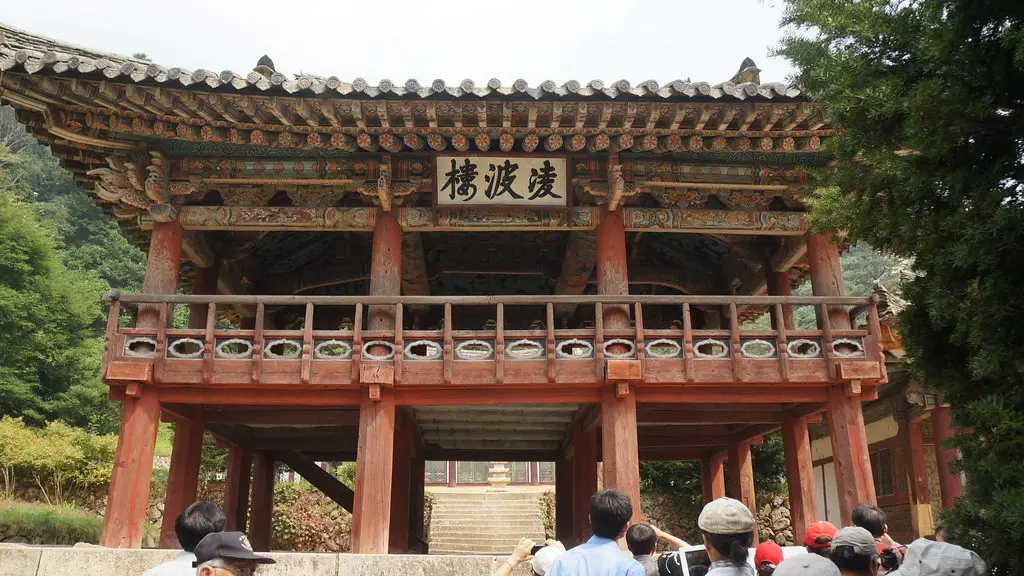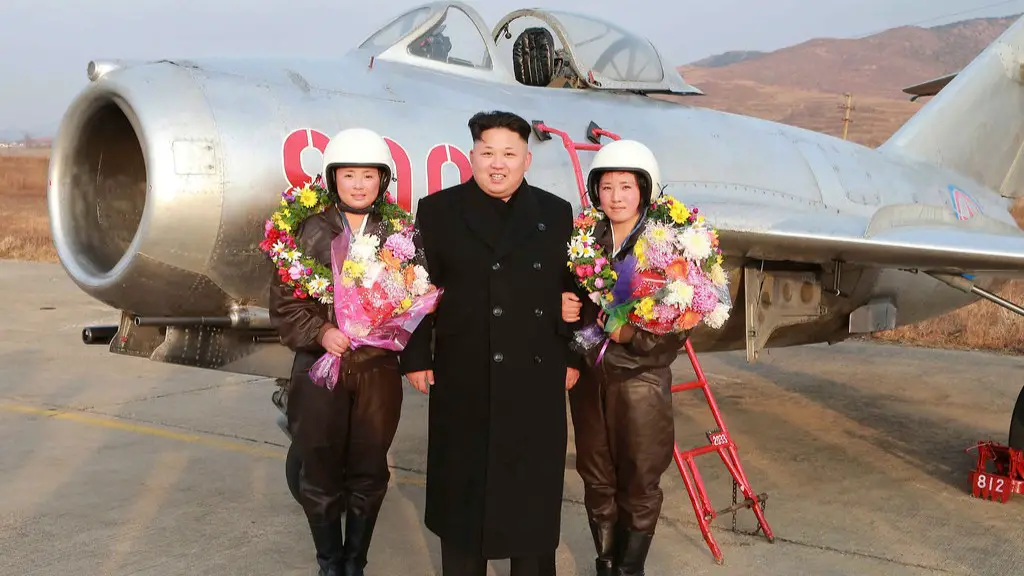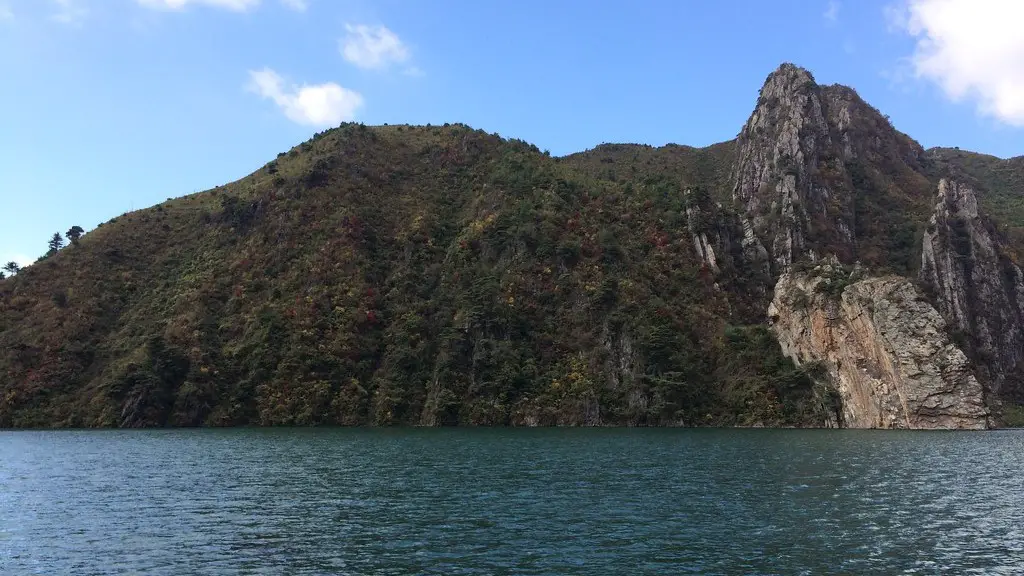After the death of Kim Jong Il, North Korea had lost its leader – arguably the sole authority figure of the isolated state. There had been no smooth transition to ensure a power continuity and it is only now that the basis of this has been established. In December of 2019, North Korea had put in place a succession system to ensure control remains in the hands of the Kim Jong Un’s family or the ‘Baekdu Bloodline’, as it is popularly known. The complete inner workings of the North Korean state and the positioning of power and authority is a matter of speculation, but some facts have been established.
North Korea is an absolute monarchy and its supreme leader is a paramount and marvellous person to its citizens. As one of the iconic communist leaders, Kim Jong Un is the current leader, assumed power in 2011 after his father’s death – Kim Il Sung. North Korea is the most repressive, closed and militarised countries in the world.
Kim Jong Un remains in charge of North Korea, but how he exercises his power is a contentious issue. His rule is iron-fisted and it is said that his family and the Privy Council have an upper hand in decision-making. But it is believed that the major decisions are personally taken by Kim Jong Un. Party Central Committee has some power over the government affairs and they take the decisions and pass them onto the Supreme People’s Assembly.
The Government of North Korea is controlled by a top-down hierarchy.
Bureaucratic management is followed in the government in order to carry out day-to-day activities. There is no functioning parliament, no mechanism of representation, and no separation of powers. Kim Jong Un is the authoritarian central figure who appoints top officials and takes all major decisions.
Under the supreme leader, the National Defence Commission is the most powerful body. Established in 1991, it is responsible for the overall strategic command of the military and intelligence agencies, as well as the overall military and political strategies of the Korean State. It is chaired by Kim Jong Un himself and is reported to have full executive power over the entire state.
The People’s defense Commission is the second most powerful body in North Korea and answers directly to the State. It is the Central Military Commission of North Korea and is responsible for the people’s safety and defense. It is responsible for mobilizing and directing the nation’s military resources and appointing the military’s top officers.
Apart from these, many other institutions also have control over North Korean politics. The Korean Workers party is the ruling political party and maintains power by repressing any opposition. The secret police and security forces are loyal to the supreme leader and are responsible for censoring and monitoring the activities of citizens and foreign visitors. The Supreme court is headed by the supreme leader and is responsible for maintaining the laws of the land.
Policy Making
As the leader of the North Korean government and the supreme authority, Kim Jong Un has the decisive power to create policies for the entire nation and also dictate their implementation. He is in charge of supervising the ministries, departments, and other government institutions and ensures that his policies are executed. It is believed that Kim Jong Un can override any other agency or institution and can decide on matters which are against the law or regulations.
It is estimated that he has the authority to decide on national security and defence, the development and management of the economy, state-controlled media, natural resources, foreign trade and policy, and other social and cultural aspects. His decisions are mostly accepted and rarely challenged but the health of his rule and power appears to have been strengthened by his attitude towards interventions and foreign diplomats.
Supreme Social Authority
Kim Jong Un is the figurehead of the North Korean authoritarian regime and is expected to be the sole source of power and authority in the nation. He is head of the state, head of the government and commander-in-chief of the armed forces. He is the supreme leader and has absolute control over the North Korean society and considers himself to be the caretaker of the nation.
Nothing happens in North Korea without his authorisation or consent. He has the power to appoint and dismiss anyone he desires, including the highest ruling echelons. He has been known to regularly intervene in the affairs of local government organisations, ministries and agencies to restructure and realign them according to his liking.
Kim Jong Un is also the authoritative figure of the nation’s social and cultural life. He is hailed as the architect and supreme leader of the moral and patriotic education of North Koreans. He also has the right to control the foreign relations of North Korea and decide on its policies.
His strong ties with China, Russia and Japan provide a considerable degree of economic stability to the war-torn region and his efforts in setting up meetings with the US president have borne remarkable fruit. Even though North Korea is largely perceived as a hostile nation, Kim Jong Un has managed to create a sense of openness in the country and initiated a series of diplomatic moves to ease the tension with the western world.
International Engagement
The foreign policy and international engagement of North Korea is mainly led by Kim Jong Un, who uses his diplomatic skills to maintain control over the international situation. His bold initiative in meetings with the leaders of the US and South Korea have provided a strong foundation for the normalisation of relations between the nations while also setting up a number of cultural and economic collaboration projects.
Kim Jong Un’s foreign policy is also focused on improving diplomatic ties with China, Russia and Japan. These relations have helped to contain the threat of nuclear weapons and have also brought in much-needed economic support to the country. He has also maintained a strong relationship with some African and Middle-Eastern nations, who have been providing financial and political assistance for the past few years.
Kim Jong Un has also made a number of cautious attempts to cultivate ties with other nations around the world. He has signalled his willingness to reach out to countries like India and European nations and create a better understanding between them. However, these attempts have so far been rebuffed by the western nations.
Economics of North Korea
North Korea’s economy is largely centrally planned and relies heavily on state-led initiatives. The state provides essential distributions and subsidies to key sectors like the military and industry. Employment is also a state-controlled condition, with the government managing job placement, wages and training initiatives. The economic system of North Korea is largely isolated and only exposed to limited international trade.
The economic policies of the nation are heavily based on the vision of Kim Jong Un, who is heavily involved in decision-making pertaining to economic planning. Kim Jong Un is trying to strengthen the economy of North Korea by encouraging foreign investment and creating an environment of economic freedom. North Korea is slowly opening itself up to the outside world and Kim Jong Un is taking a leading role in this process. He is actively trying to catalyse economic growth and has entered talks with countries such as China, the US, and Russia about potential investments.
Kim Jong Un is focusing his attention on the international aspects of North Korea’s economy. The state relies heavily on its international trade to bring in hard currency and much-needed resources. North Korea is actively trying to attract foreign companies and investors by easing foreign investment regulations, providing special economic zones, and offering incentives like low-cost research and development. The government is also offering attractive tax benefits and subsidies to foreign companies.
Mental Health of North Koreans
The state of mental health in North Korea is a matter of serious concern. The oppressive regime and its strict control of the people’s lives has had a telling effect on the mental state of the citizens. The citizens are constantly under the stress of the daily hardships and the extreme control of the government over the lives of its citizens. This has created a difficult situation for the public and has had a detrimental effect on the mental well-being of the society.
In such a restrictive environment, Kim Jong Un’s rule is a heavy burden on the population of North Korea. There are no mechanisms that protect their rights and dignity and the citizens are constantly under surveillance. This has had a significant impact on the psychological health of the population, leading to a rise in depression, anxiety, and other mental issues.
To mitigate the situation, Kim Jong Un is focusing on improving the living standards of the people, providing them access to better healthcare, and encouraging the growth of the economy. He is attempting to create an atmosphere of free expression, discussion, and exchanges of ideas amongst the North Korean people. It is his attempt to provide North Koreans with some sense of freedom and hope in the midst of oppressive rule.
State Control Over Education
The education system of North Korea is primarily controlled by the state and is heavily monitored by the government. It is conducted in a way that instils a sense of national pride and loyalty towards the state. Students are taught about the history and glory of the North Korean nation and are instilled with tactics on how to remain faithful and subservient to the state and its leader.
The state is also responsible for providing the necessary infrastructure and resources for the children. Though the condition is not ideal and much room exists for improvement, the state has made some attempts to improve the quality of education in North Korea. Kim Jong Un has taken some initiatives in ensuring that the children are provided with some level of education, especially in remote areas.
In recent years, Kim Jong Un has also made efforts to improve the scientific and technological education of the children. He has opened up and upgraded research centres and has provided scholarships to help promising young people train in research and development. He has also made investments in technological and scientific research which are aimed at helping North Korea establish itself as a developed nation.
